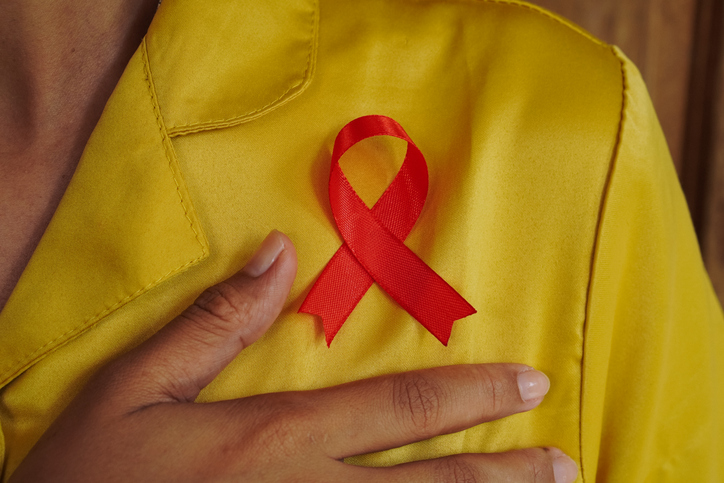Argentines living with HIV/AIDS and medics say spending cuts under libertarian President Javier Milei are hurting treatment of the illness and could lead to more cases, with fewer condoms for prevention and fewer tests to catch the virus early.
The right-wing leader is pushing a major austerity drive, touting his “chainsaw” to cut back the size of the state and overturn a deep fiscal deficit he inherited. That has seen budgets frozen or capped for many public sector services.
The budget for free HIV/AIDS treatment, where Argentina is a regional pioneer, fell 67% in real terms in 2024 and is set to fall 46% in 2025. That has put strain on supply of key medicines and could leave thousands without care next year, experts said.
Acquired immunodeficiency syndrome (AIDS) is a chronic condition caused by the human immunodeficiency virus (HIV). Most people with HIV can live near-normal lives and not suffer from AIDS-related illness with effective early treatment.
“I’ve been taking expired medication since May. Now in October they gave me medication until February, which expired in November,” Claudio Mariani, 59, who was initially diagnosed as HIV positive in 1993, told Reuters.
“In my case, for example, I’m doing the viral load test now but I don’t know when I’ll have the results,” he added.
According to official government data there are around 140,000 people living with HIV in Argentina. Around half that number depend on public sector treatment, according to the Health Ministry’s latest Epidemiological Bulletin.
The government did not respond to requests for comment.
The Huésped Foundation, which works to ensure access to care for HIV/AIDS sufferers, said more than 9,000 people would see treatment interrupted in 2025 due to the spending cuts.
The government’s draft budget would see spending on the free HIV treatment service “Program 22” rise from 21 billion to 23 billion pesos ($23 million), which with inflation at likely over 100% means a significant real-terms spending cut.
This could see patients not being diagnosed or being caught late, ironically pushing up hospital costs, experts said.
“These people require hospitalization, treatment for infections and a range of medical care that could be avoided if diagnosis is made earlier,” explained Leandro Cahn, executive director of the Huésped Foundation.
“All these cuts, far from saving money… generate more costs,” he said.
Ministry of Health data show that already this year the number of condoms distributed by the government fell to 209,328 from 503,460 the previous year, with expected drops in the supply of reagents and rapid tests likely to hinder care.
“Treatment is something permanent,” local HIV specialist Luis Trombetta told Reuters, explaining that this consistency kept down the mortality rate. “It cannot be replaced or interrupted.”
(Reuters)














